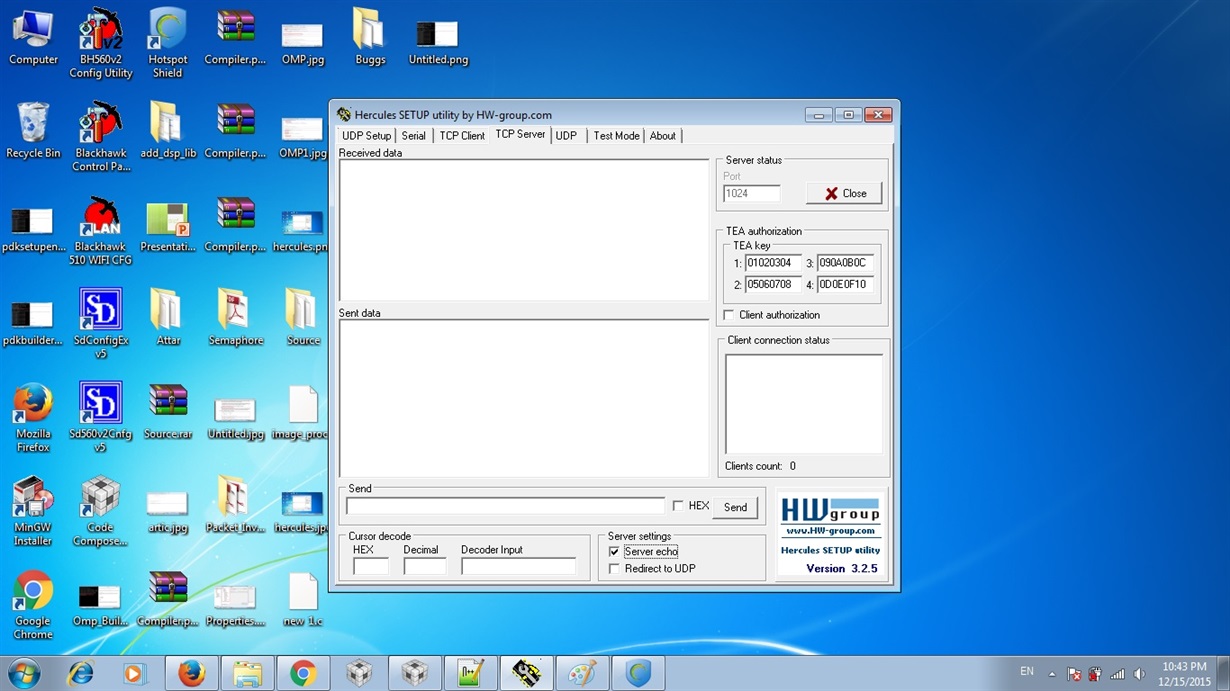Hi
My base project is " C:\ti\mcsdk_2_01_02_05\demos\image_processing\openmp\evmc6678l " , I modified it and integrated socket programming to NetworkOpen() and my modification worked correctly (I would like that DSP make a TCP connection as client).
next I want to remove the lines related to mail box (lines from 302 to 330 in the main() ) when I commented that lines the connect() function in my socket doesn't work!!
Question 1:
How can I remove this part of code?
my tools:
OS: win7 64bit
CCS: 5.2
MCDSK: 2_1_2_5
Best Regards


